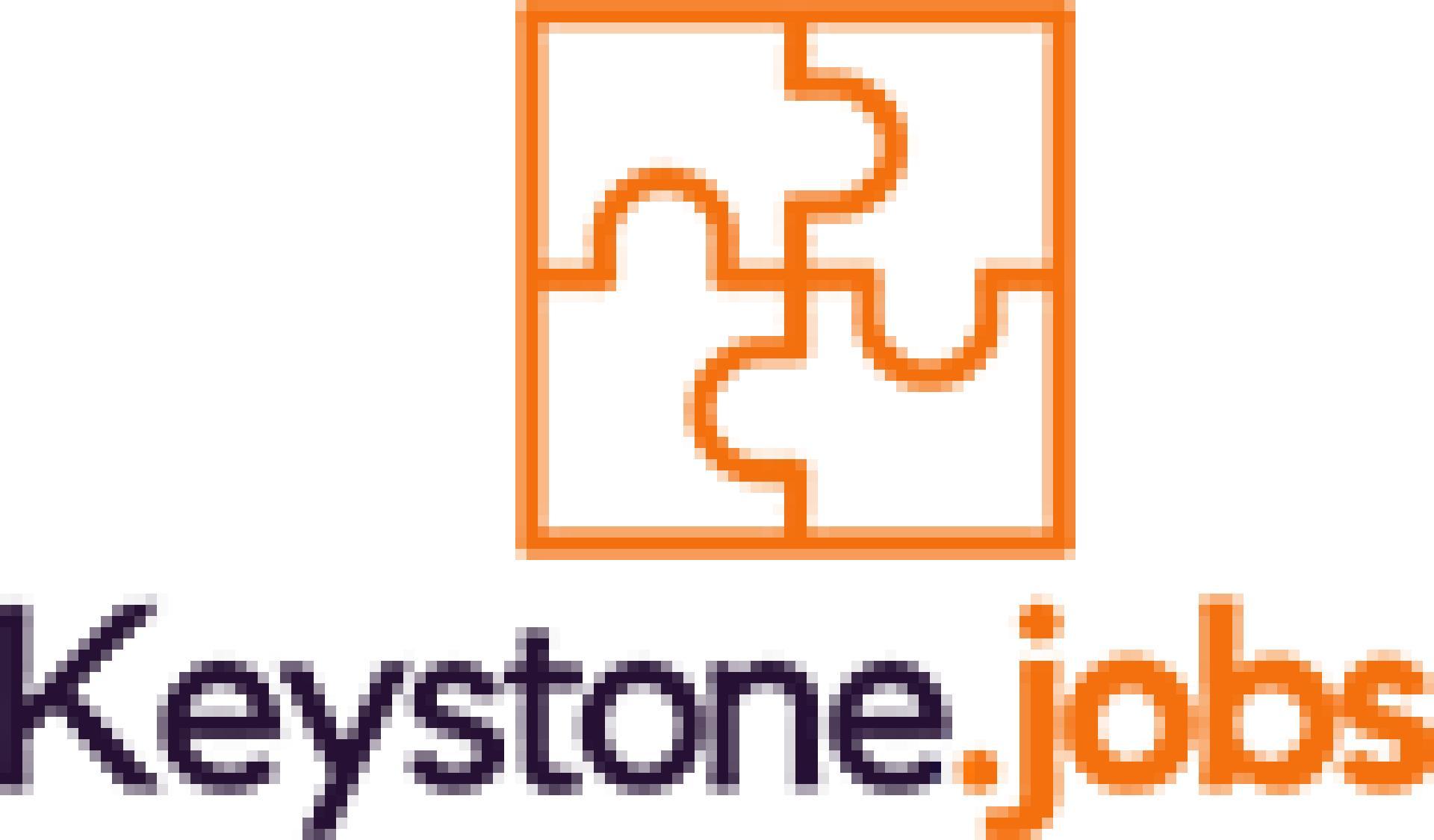- Our Specialist Sectors
- Customer Service & Call Centres
- Higher Education
- Hospitality, Catering & Events
- Human Resources
- IT / Web / Telecomms
- Local Government
- Manual, Industrial & Warehousing
- Marketing / PR
- Midwifery & Allied Health
- Office, Clerical & Administration
- Reception & Front of House
- Retail
- Social Care
- Third Sector & Not for Profit
- Transport & Logistics
This job is no longer available.
You can view related vacancies or set-up an email alert notification when similar jobs are added to the website below.
You can view related vacancies or set-up an email alert notification when similar jobs are added to the website below.
Job Description
Please note, there is a maximum of 30 hours available per student to be worked flexibly and remotely across the 10 week period (14/08/24-18/10/24), with the majority of the hours being worked in August and September.
In a rich, thriving and diverse community, we are likely to encounter differences of opinion. It is those differences that enliven and enrich our understandings of the world, but how we engage in a curious and respectful way can feel challenging when the topic being discussed can feel very emotive, current and close to our identities and beliefs. Promoting respectful dialogue and navigating diverse perspectives are a key competencies that students need to develop as part of their university education. We want King?s students to go out into the world confident that they can engage in respectful and effective dialogue in order to tackle some of society?s most pressing challenges. This project is looking at the use of gamification as a way of helping students develop these key competencies. Gamification is the process of using game elements in a non-game context to enhance learning experiences. An example of gamification is the research ethics dilemma game.
- Define some key terms, concepts, skills and competencies for having difficult conversations and the ideas around promoting respectful dialogue and navigating diverse perspectives.
- Explore the concept of gamification as a well to develop students? competencies for having difficult conversations and equipping them to engage in open, respectful, curious dialogue with others.
- Explore other potential learning activities, frameworks and approaches to support staff in helping develop students? skills in promoting respectful dialogue and navigating diverse perspectives and having difficult conversations within their modules and programmes of study.
- Develop a draft or prototype ?dilemma? game for piloting in Semester 1 2024/25.
- Makes links between this project and other areas of development within King?s e.g., the development of a revised Community Charter.
If you would like to discuss this role, please reach out to Abbie King (abbie.king@kcl.ac.uk) for a friendly, informal conversation.
Qualifications
- Currently studying at, or recent graduated from, King?s College London student (within the past 12 months).
Skills
Please provide a short personal statement detailing your interest in the role. The skills and experiences we are asking you to demonstrate should fit students with a wide range of experiences and we actively encourage applications from students who are underrepresented and/or identify as belonging to a marginalised group. We will provide training and support for you to confidently tackle this role and develop within it.
- Desirable: Experience of facilitating/discussing sensitive and/or difficult topics (doesn?t have to be within your academic course).
- Interest in broader student skills development and / or gamification of learning.
- Interest in developing competencies around promoting respectful dialogue and navigating diverse perspectives.
MORE JOBS LIKE THIS
expired
Qualifications
Current King's UG student
Skills
expired
In this role you will be working on a project writing a toolkit on gender quotas, reserved seating and other mechanisms to introduce more women into parliaments for an international parliamentary organisation.
It will involve:
- exploring and summarising existing academic literature, reports and findings from other international institutions and evidence on gender quotas and other equality mechanisms;
- making simple graphs and charts using publicly available data to show the impact of quotas;
- finding evidence and experiences of MPs from countries where quotas and other mechanisms have been introduced on how they came about, and difficulties with them; and writing up findings into a report and toolkit aimed at a non-academic audience.
There is a total of 105 hours of work available for this role.
Qualifications
Masters degree in Public Policy, Politics or a similar subject
Skills
Necessary
- Experience of conducting a literature review.
- Experience writing for non-academic audiences.
- Understanding of parliamentary systems.
- Ability to making charts on Excel.
- Ability to use Word.
- Ability to write to speed.
Desirable
- Experience conducting elite interviews.
- Understanding of gender equality mechanisms.
Daily diary and reflection of data dive
Write summaries for evaluation wrap up report and collate slides
Other tasks as required by Interim Director of CUSP
Qualifications
Experience working with CUSP London, Data Dive events we hold, teaching experience and confident use of:
analytics, R, Python & QGIS.
Skills
Experience working with CUSP London, Data Dive events we hold, teaching experience and confident use of:
analytics, R, Python & QGIS.



You can also use your social account to sign in. First you need to:
Accept Terms & Conditions and Privacy Policy.